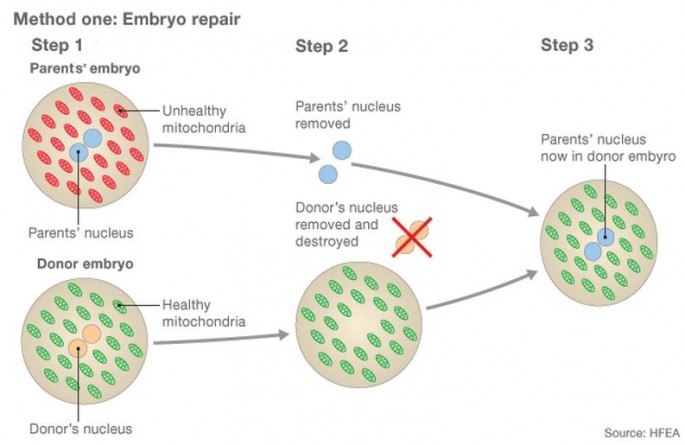Embryo freezing service providers Shanghai Jiai Genetics and IVF Institute are considering the disposal of some 10-year-old frozen embryos because the owners have either gone missing or have failed to pay their dues, according to a report by Shanghai Daily.
According to Sun Xiaoxi, vice president of the Shanghai Jiai Genetics Institute, the center had 71,309 embryos frozen at minus 196 degrees Celsius in 70 liquid nitrogen containers. Out of the total number of embryos, 14,410 have been stored with them for more than 10 years, unclaimed by their owners.
People usually resort to embryo freezing when it is not suitable for a woman to receive the transplant or when some of the embryos have already been transplanted. When couples agree to freeze the embryo, they have to pay 150 yuan per month. The contract states that if the couples are unable to pay in six months, the institute can either destroy the embryo or use it for medical research without their permission, the report explains.
"The embryos are very precious, not like ordinary commodities," said Sun. "We are afraid the couples might need them in the future or are unable to produce high-quality ones later."
Since 1998, a total of 27,076 couples have kept their embryos in the Jiai labs, but only 304 couples have given written consents to give up their frozen embryos.
"Some people simply forget to pay the money, and when we call them, they pay up and maintain their embryos," Sun said. "But many others had either changed their phone numbers, email addresses, or even moved homes and we just cannot contact them any more."
Further, Sun is wary of the possible risks of using embryos that have remained frozen for extended periods of time, stating that there is a lack of scientific evidence that shows it is safe to transplant such embryos.
In 2013, the Shanghai Health Bureau issued a circular advising institutes to follow internationally accepted principles in the use frozen embryos.



























